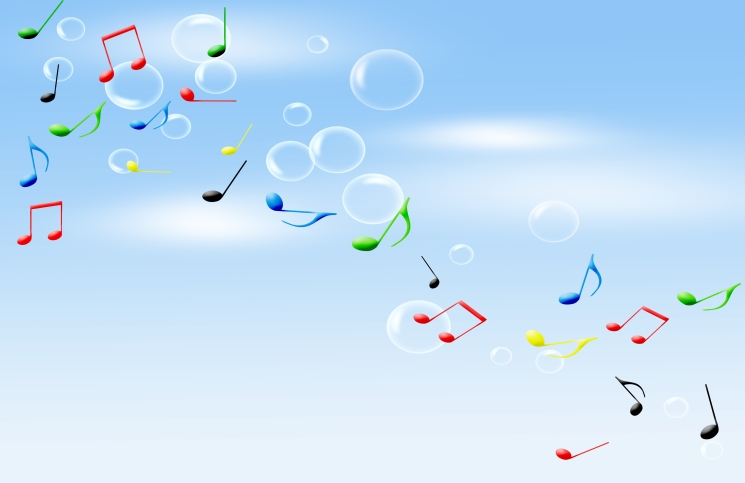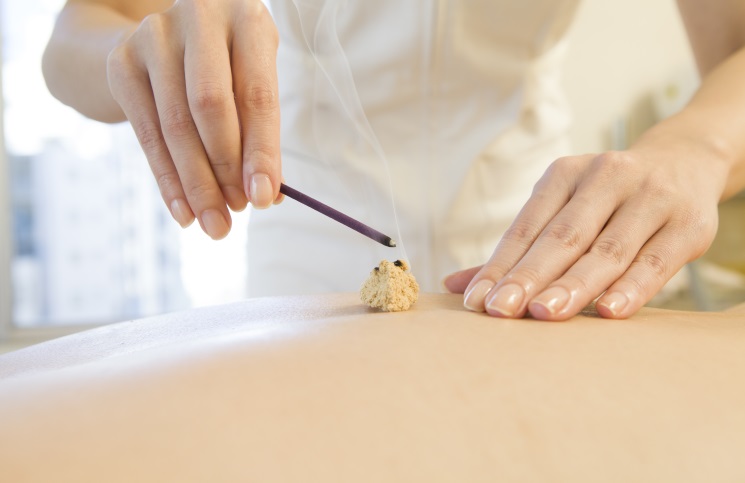“Needles in my skin? No thanks!” That was my reaction the first time a friend recommended acupuncture for pain I was feeling due to injuries after a car accident. If you’re like most people who don’t know much about this ancient form of alternative medicine, you probably think exactly the same way.
I wasn’t able to get over the idea of multiple tiny needles, stuck into my skin, causing pain or at best, an irritating effect. You’ve seen the pictures, after all: “victims” lying on tables with dozens of needles stuck in their bodies, as if they were tiny rows of vegetables growing in a garden where the soil was their skin!
Boy was I wrong!
Acupuncture is nothing like I’d imagined…at all. Contrary to what I thought, it’s not painful. The main reason everyone’s fears about acupuncture are unfounded is because the needles are not like any needles you’ve ever seen. They’re not hypodermic-sized monsters. Rather, they’re more like metallic, rigid hairs. So, imagine a metal hair being inserted just to a very shallow depth in your skin. Piece of cake!
You’d actually be surprised at what it feels like…I was.
What Does Acupuncture Feel Like?
Within the field of acupuncture, there are varying thicknesses of needles. Japanese acupuncture uses especially thin needles, for example. There are the kind that usually aren’t even felt at all.
You got it: nothing is felt!
Most of the time, however, there is a sensation that’s felt during acupuncture. Notice it’s a sensation, not pain. Some describe it as a tingle, while others describe the sensation as the feeling of something heavy being placed on the point of insertion. Still others feel “warm” or even a “zapping” sensation, although very light.
You can handle that!
In fact, if you do end up feeling something akin to a needle going into your skin, it’s time to find a new acupuncturist. The occasional slip-up is OK, but if it feels sharp as a rule, tell your “guy” or “gal” to pack up their needles and hit the road.
Acupuncture is Used to Treat What?
Acupuncture as a treatment has had a couple thousand years to develop a full repertoire of uses. It’s used in several capacities: preventive, curative, and therapeutic. It’s also used as an alternative to conventional medicine as well as complementary medicine.
One reason acupuncture works on so many ailments is that it actually promotes healing on many levels. Without getting too deep in the science behind it, let’s just say that it “unblocks” your “energy circuits” and balancing everything out. It’s a sub-division of Traditional Chinese Medicine (TCM).
Even scarier than pictures of people undergoing acupuncture treatment, covered in needles, are the pictures where Moxa is being burned on the needles. This is an herb that’s sometimes placed on the end of each needle after it’s been inserted, then burned. This is said to stimulate the blood flow and although it looks dangerous…of course it’s not!
Below you’ll find the most common uses of acupuncture, starting with the most common, pain management.
Acupuncture for Pain Management
Managing pain is the number one reason people in the U.S. seek treatment from a acupuncturist.
Acupuncture for Hot Flashes
Most acupuncturists will tell you that menopause is the second-most reason people seek them out (followed by headaches and insomnia). The severity and frequency can supposedly decrease through acupuncture sessions. The good news here is that one session may be as effective as several.
Acupuncture for Headaches
Acupuncture seems especially suited to treat headaches and migraines. Acupuncturists report more success with headache treatment than any other ailment their patients bring to them. Tension headaches in particular seem to respond to acupuncture.
Studies have shown that for treating tension headaches, the needles don’t have to be inserted quite as deep as usual (normal depth is three inches… don’t try to visualize this!).
Acupuncture for Anxiety
If you’re on medication for anxiety, acupuncture might be an extremely attractive option for you. There are no harmful side effects of acupuncture…and it works! It’s also less costly than psychiatry visits + prescription medication.
Of course each person’s anxiety is different from the next, so there will be varying degrees of success treating anxiety this way. Some claim it healed their anxiety problems forever, while others prefer the anti-anxiety drugs.
Whatever the case may be, it’s certainly worth a visit to an acupuncturist to see whether your type of anxiety responds to acupuncture.
Acupuncture for Weight Loss
If you believe that weight gain is caused by an imbalance in the body, then you’ll understand how acupuncture can be used to aid weight loss. Imbalances cause irrational cravings, slower metabolism, fatigue and all sorts of other problems that can cause some people to eat more and gain weight.
Acupuncture restores balance in the body, thereby removing those triggers to overeating.
Acupuncture for Smoking Cessation
So many people swear by acupuncture for helping them quit smoking that it’s tempting to seek it out and try it for yourself, if nothing else has worked. Might as well? In fact, acupuncture is said to treat all sorts of addictions.
It’s said to decrease withdrawal symptoms, including depression & anxiety.
Acupuncture for Infertility
According to TCM, the female reproductive system is a network of energy pathways. These energy systems become dysfunctional when the body encounters stress, lack of exercise, poor diet etc. By restoring balance, acupuncture relieves these symptoms.
in the case of acupuncture for infertility treatment, it will usually be combined with herbal treatments and diet advice.
A secondary approach involves acupuncture’s effects on fertility hormones that control ovulation and fertility. This is said to result in healthier eggs, more blood flow to the uterus, less chance of miscarriage, and other side benefits as well.
Acupuncture for Breast Cancer
Acupuncture is well-known as a complementary therapy for breast cancer patients.
Acupuncture for Neck Pain
Nothing’s better than a massage for neck pain, right? Actually, there’s a lot of evidence that acupuncture works even better. Ideally, there should be at least half a dozen treatment sessions spread out over time.




